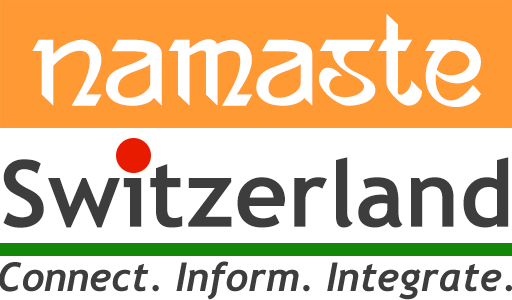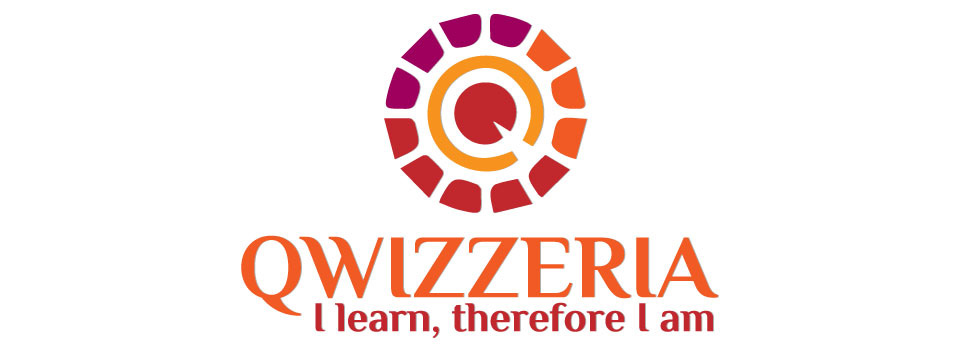Zurich-based Rhythima Shinde and Naveen Shamsudhin give a deep thought to the impact of Lockdown on the poorer sections of society and mobilized action.
As we video conference for work, attend virtual yoga and meditation sessions, dine via Skype with family, with food stocked at home; we forget that large-scale lockdowns without providing social security measures can kill an unimaginable number of the world’s poor through hunger even before the virus appears.
At midnight, on March 25, 2020, a 21-day lockdown was imposed in India, effectively immobilizing 1,300 million of its citizens – the world’s largest lockdown. As we know, the majority of people we meet on the streets of India are daily wage workers and street entrepreneurs. They form the backbone of the informal economy, doing everything from selling ‘chai’, fruits, food, clothes, polishing your shoes, driving rickshaws and delivering goods, cleaning homes, etc. A lockdown implies an inability to work. This means effectively cutting off the daily income of hundreds of millions of people and their families.
“Social distancing is not an option for India’s poor” warned Slate.com – one day before these lockdowns. BBC reported on Day 0 of the lockdown that India’s poor fear that hunger may kill them before the coronavirus does.
Shocked by the societal implications of the three-week long lockdown on the most vulnerable of India’s population, we knew we had to do something – and do it fast.
Taking care of hunger in the times of COVID19 threat
On Day 1 of the lockdown, after a quick brainstorming call, we decided to launch a Swiss-India initiative on combating hunger, the need which we found the most pressing, and within our reach to impact.
We chose our close and trusted network in India, beginning with friends, family, and their friends, to help identify those who are extremely vulnerable to this crisis, or would go hungry in the coming days, and hand them over cash and/or food and sanitary supplies to help them sustain themselves for the next 3 weeks. The strategy was to catalyze a bottom-up process, starting from people acting within their local neighbourhoods and within their spheres of compassion, and then replicating it across various towns and cities, which we believe complements the government’s top-down measures and initiatives.
Here in Switzerland, we started an international fund-raising campaign through a crowdfunding platform. Within eight days (by Day 9), we were able to raise CHF26,000 (or INR 20 lakhs).
We had already started mobilising and coordinating with the volunteers on the ground and by Day 4, we were able to deliver food and sanitary kits to more than 200 families of construction workers, rickshaw drivers and vegetable vendors in Aurangabad (Maharashtra). By Day 6, we managed to supply food and sanitary kits to more than 200 families in Delhi and Chandigarh, 17 families in Kerala, and an orphanage in Chennai.

Images from our volunteers in action from various Indian cities
This is just the ‘tip of iceberg’ as one of our volunteers, rightly said. We are getting requests from our volunteer teams in India on a daily basis and now we need to support at least 1500+ additional families in the coming week.
This needs an extreme level of coordination of distribution of funds on our side, a sprinted effort from the volunteers in India, and also close support from people in Switzerland and those outside India. Hence, we are keeping our crowdfunding campaign open till this Thursday, 9 April 2020.
Do support us as every franc counts! By donating and sharing this campaign further, we can impact the underprivileged and ensure they remain at their homes without having to risk their lives to bring food to the table!
We have developed a transparency report and a daily project update page which can be found here: http://www.tinyurl.com/India-corona-fundraising.
Get in touch with us.
A huge learning experience
This project which started as a personal cry for action, has developed into something much bigger and inspiring than we expected. It is definitely a huge learning experience for the both of us, and for the teams we work with in India.
We are learning to creatively deal with uncertainties, and every day presents us with new challenges – this means we have to keep iterating and improving our strategy constantly.
We do not want to stop at distributing the foods and supplies to those in need, but also extend to implement best practices for volunteer groups involved in pandemic situations. We are looking forward to working with local authorities and the government, to make this a smooth transition for them as well – and to reach the 400 million daily wage workers, with their initiatives.
This virus, and the widened inequality in these times needs all of us to stand in solidarity and fight together.
Fight against hunger and Corona with us
Here’s how:
Donate to our Fight Hunger, Fight Corona Campaign by Sunday, 26th April 2020 https://wemakeit.com/projects/fight-hunger-fight-corona/
Donate to our association account, Kaleido Verein Zurich, IBAN: CH02 0900 0000 6139 4938 8, Postfinance Bank (BIC: POFICHBEXXX)
We are also building a website for further distribution of resources to India, based on raised funds in Switzerland, EU and other parts of the world, for such crisis projects. If you are interested, please get in touch.
About the Authors
 Rhythima, 25, is a PhD student at ETH Zurich, and also co-founder of Energy Bazaar. In her free time, she enjoys hiking and writing. Reach out to her on rhythimashinde@gmail.com or on Linkedin – https://www.linkedin.com/in/rhythimashinde/
Rhythima, 25, is a PhD student at ETH Zurich, and also co-founder of Energy Bazaar. In her free time, she enjoys hiking and writing. Reach out to her on rhythimashinde@gmail.com or on Linkedin – https://www.linkedin.com/in/rhythimashinde/
 Naveen, 33, is a lecturer in robotics (ETH Zurich), social activist and entrepreneur based in Zurich. Reach out to Naveen at n@naveen.cc or on LinkedIn – https://www.linkedin.com/in/naveenshams/
Naveen, 33, is a lecturer in robotics (ETH Zurich), social activist and entrepreneur based in Zurich. Reach out to Naveen at n@naveen.cc or on LinkedIn – https://www.linkedin.com/in/naveenshams/
Disclaimer: Namaste Switzerland does not undertake any financial/reputational/legal/misrepresentational impact or other obligations/liabilities that may arise from the content.
Please note: Systems and laws change. We do not confirm the validity of the content at all times.












